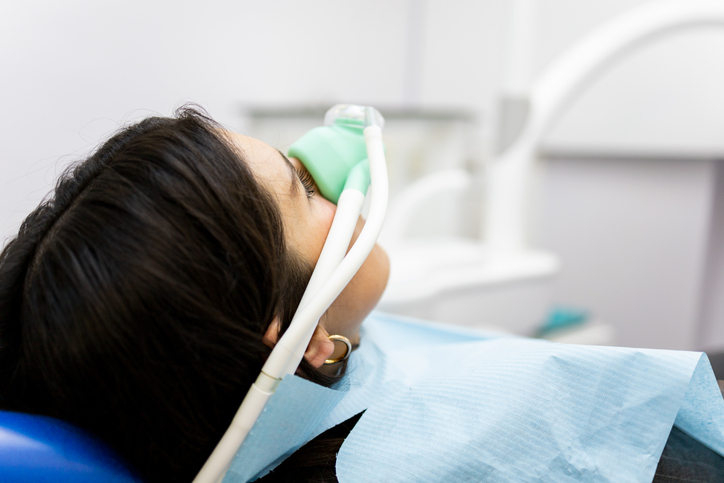 Welcome to Pinnacle Center – Dental Implants & Periodontics. Today, we will explore an essential aspect of modern dental care that has transformed the experience for many of our patients—sedation dentistry. Dental anxiety and phobia are surprisingly common issues, affecting a significant portion of the population. Many individuals delay or even avoid necessary dental care due to fear and discomfort associated with dental visits.
Welcome to Pinnacle Center – Dental Implants & Periodontics. Today, we will explore an essential aspect of modern dental care that has transformed the experience for many of our patients—sedation dentistry. Dental anxiety and phobia are surprisingly common issues, affecting a significant portion of the population. Many individuals delay or even avoid necessary dental care due to fear and discomfort associated with dental visits.
The impact of this anxiety can be profound, not only affecting oral health but also overall well-being. Neglected dental health can lead to serious complications, including gum disease, tooth loss, and associated health risks such as heart disease. Recognizing this, the dental community has made great strides in making visits more comfortable and less daunting for anxious patients. One effective solution is sedation dentistry, which we offer here at our practice, designed to help overcome these barriers and make your visits more relaxed and anxiety-free.
Types of Sedation Used in Dentistry
At Pinnacle Center – Dental Implants & Periodontics, we understand that each patient’s needs are unique, which is why we offer a variety of sedation options to suit different preferences and medical requirements. Let’s discuss the types of sedation available and how they might be beneficial for you.
- Inhalation Sedation (Nitrous Oxide—Laughing Gas): This is a mild form of sedation delivered through a mask that fits over your nose. It helps you relax during your procedure but wears off quickly once the mask is removed. You can usually drive yourself home after your appointment, making it a convenient option for mild anxiety and shorter procedures.
- Oral Sedation (Anti-Anxiety Pills): Administered in pill form before your appointment, oral sedation allows you to be awake but significantly relaxed. The level of sedation can be adjusted depending on the dose given, making it versatile for various levels of anxiety.
- Intravenous (IV) Sedation: This type of sedation is administered through a vein, allowing it to work more quickly. It enables our periodontists to adjust the level of sedation as needed during the procedure. IV sedation is ideal for more extensive treatment and for patients with moderate to severe dental anxiety.
- General Anesthesia: Used for the most complex cases and for patients who prefer to be completely unconscious during their procedure, general anesthesia is administered in a controlled environment. This method is typically used for lengthy surgical procedures and for patients who have severe dental phobia.
Each sedation method has its pros and cons, and they are administered under strict safety protocols to ensure a smooth and comfortable experience for you.
How Sedation Dentistry Works
Understanding the process of sedation dentistry can help alleviate any apprehensions you might have about undergoing dental procedures. Here at Pinnacle Center – Dental Implants & Periodontics, our team is highly trained in the administration of various sedation techniques, ensuring your safety and comfort throughout your visit.
The sedation process begins with a detailed consultation with either Dr. Roll or Dr. Williams, during which we discuss your medical history, dental anxiety level, and the specific treatment to be performed. This conversation helps us determine the most appropriate type of sedation for your particular needs.
Once the type of sedation is selected, we carefully prepare for your procedure. For inhalation and oral sedation, the process is relatively straightforward, involving the administration of the sedative a short time before the procedure begins. For IV sedation and general anesthesia, more preparation is required to monitor vital signs and ensure overall safety during the procedure.
Throughout your treatment, our team monitors your vital signs and comfort level closely. Post-procedure, we provide detailed instructions for recovery and follow-up care, ensuring a smooth transition back to your daily activities.
Benefits of Sedation Dentistry for Anxious Patients
The advantages of sedation dentistry extend far beyond merely alleviating dental anxiety. By choosing sedation options, patients experience a range of psychological and physical benefits that significantly enhance their experience.
Psychological Benefits: Sedation dentistry can transform a fearful visit into a comfortable and calming experience. It significantly reduces the stress and anxiety associated with dental procedures, allowing patients to maintain regular dental appointments and ultimately improving their overall dental health. Additionally, sedation can help erase negative memories associated with past dental experiences, encouraging a more positive outlook for future visits.
Physical Benefits: For many patients, the anticipation of pain can heighten their discomfort during dental procedures. Sedation provides a relaxed state where patients often feel little to no discomfort, even during complex procedures. This can be particularly beneficial for patients who experience a low pain threshold, have sensitive teeth, or require extensive dental work.
Generalized Case Examples: Consider a patient who avoided the dentist for years due to severe anxiety, resulting in advanced gum disease and multiple dental issues. With the help of oral sedation, this patient was able to undergo a comprehensive cleaning and several fillings in one visit, something they previously thought impossible. Another example might be a patient who needed multiple dental implants and opted for IV sedation, allowing for all procedures to be completed in a single, relaxed session without any recollection of the pain or discomfort that they had feared.
Choosing the Right Sedation Option for You
Deciding on the right type of sedation is a crucial step in managing dental anxiety, and it is a decision best made with the guidance of your periodontist at Pinnacle Center – Dental Implants & Periodontics. Here’s how you can approach this important decision:
Discuss with Your Periodontist: It is vital to have an open conversation with either Dr. Roll or Dr. Williams about your concerns, medical history, and any previous experiences with sedation. This dialogue will help us tailor a sedation plan that best fits your needs and ensures your utmost comfort and safety.
Consider Your Medical History: Certain medical conditions may influence the type of sedation that is safest for you. It’s important to provide a complete medical history, including any medications you are currently taking.
Evaluate Your Level of Anxiety and Procedure Complexity: The type and complexity of treatment you require can also dictate the best sedation method. For simple procedures, inhalation sedation might be sufficient, whereas more complex or multiple procedures might benefit from IV sedation or general anesthesia.
We encourage all our patients to ask questions and express any concerns they might have. Understanding your sedation options fully can greatly reduce any apprehensions and make your visit a positive experience.
Embracing Comfort and Confidence with Sedation Dentistry
At Pinnacle Center – Dental Implants & Periodontics, we are committed to making your experience as comfortable and stress-free as possible. Sedation dentistry is a safe and effective way to reduce dental anxiety and help you receive the care you need without fear or discomfort.
We hope this overview has helped you understand the role of sedation in making treatment more comfortable and how it can be tailored to meet your individual needs. If you’re considering sedation dentistry or have any questions about the options available, we invite you to contact our office to learn more. Our team is here to ensure that your care is not only effective but also a positive and comfortable experience. Let us help you take the next step towards a healthier, happier smile.






